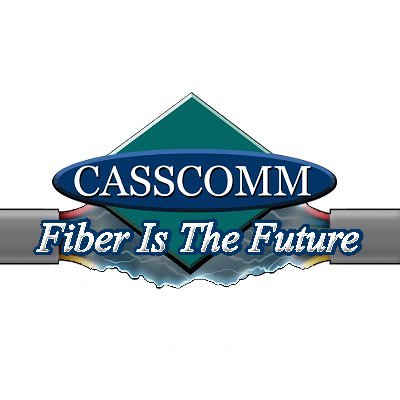The Jacksonville City Council has spoken on whether liquor stores will be able to serve alcohol and offer video gaming during their regular meeting last night.
The question was posed after Gary Singh, who owns three liquor stores in Jacksonville, requested modification of his licenses to allow his stores to have what is called a “pour license”, meaning the stores could serve alcohol on the premises in order to qualify for a state video gaming license.
The request came on the heels of the council voting to allow grocery stores to serve hard liquor following a request by Hy-Vee in October.
During the council workshop session Monday night, Mayor Andy Ezard, who serves as City Liquor Commissioner, opened the floor to discuss whether the council members wanted him and City Attorney Dan Beard to explore the development of the new license.
Beard says allowing liquor stores to serve alcohol and have video gaming on-site would call for a whole new classification of license to be developed. “It’s not something that we have on the books now.
It was done in such a fashion that, since we can’t take action in the workshop session, it was presented as a motion in the regular session of the council to either move forward, if anybody wanted to make that motion, with changing the ordinance to allow liquor stores to have a gaming license so to speak, or not. No one on the council wanted to move forward with that motion so it died for lack of a motion.”
Ezard says he and City Attorney Beard wanted clarification from the council members before starting the lengthy task of developing a new class of liquor licenses in the city. “ If the council wasn’t in favor of putting gaming machines in liquor stores, then that’s what snuffed it out tonight. And they obviously weren’t because there was no motion made to move forward and do that new classification.
We’re sympathetic to businesses that are struggling and they look at that as a source of income however, the council spoke, or didn’t speak because they didn’t make the motion, that they didn’t want that in our liquor stores.”
After discussion during the workshop, when called for a motion to direct the Mayor to begin developing a new class of license for council approval during the regular meeting, no one on the council spoke to make the motion, effectively ending the proposal and denying the modification request.
Ezard says ever since gaming was legalized in the state, the city has tried to limit the amount of gaming offered, which included capping stand-alone gaming parlors to no more than two within the city limits.
He says modifying classifications to allow liquor stores to serve alcohol and thereby have gaming on site, meant that convenience stores would also likely fall into the same category and could potentially have qualified to also serve alcohol for the purpose of adding video gaming.




